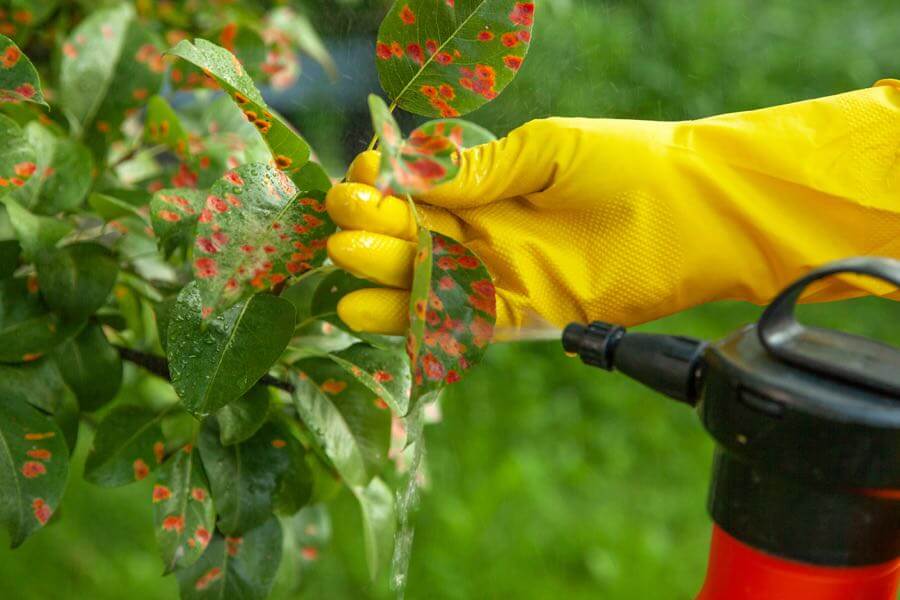Latest Roundup Trial Goes to Monsanto, Continuing Conflicting Results
Editors carefully fact-check all Consumer Notice, LLC content for accuracy and quality.
Consumer Notice, LLC has a stringent fact-checking process. It starts with our strict sourcing guidelines.
We only gather information from credible sources. This includes peer-reviewed medical journals, reputable media outlets, government reports, court records and interviews with qualified experts.

The latest Roundup lawsuit to go to trial has ended in a victory for the defendants, as mixed results continue in the litigation.
According to Law.com, plaintiff Judith Womack developed non-Hodgkin lymphoma after using Roundup regularly for several years. She blamed the development of her cancer on her exposure to the weed killer. For years, Roundup has been tied to the development of cancer.
But a Philadelphia jury on Friday sided with Monsanto, the company behind Roundup. This netted the company a big win, compared to last month, when a jury ordered it to pay nearly $80 million to a plaintiff in a similar case.
Litigation involving Roundup and its potentially adverse health effects has been ongoing for years, with many active cases remaining. As of this month, over 4,300 Roundup lawsuits were pending in multidistrict litigation.
Bayer, which acquired Monsanto in 2018, is pushing for the litigation to go to the Supreme Court, where the company hopes to achieve a favorable verdict.
Conflicting Verdicts Among Roundup Trials Continue
Friday’s win for Monsanto and Bayer is the latest twist in the ongoing Roundup litigation, where neither the plaintiffs nor defendants have established a clear advantage as they have traded results in recent months.
Bayer says it won 15 of the 22 most recent Roundup trials. However, it has been on the losing end of some notable verdicts in that time span as well.
Last month, a Philadelphia jury awarded $78 million to plaintiff William Melissen after he was diagnosed with cancer following years of Roundup usage.
In January, a Philadelphia jury awarded John McKivison a massive $2.25 billion verdict, which was later reduced to $400 million in June.
Another key point in the litigation that has seen conflicting results is whether a federal statute known as FIFRA preempts state law claims that some Roundup lawsuits rely on.
Bayer has argued that FIFRA should take legal precedence over state laws that differ from or exceed the scope of FIFRA. This would make it harder to win court cases against Roundup based on a violation of state law. In September, the Third Circuit Court of Appeals sided with Bayer on this matter, which contradicted the previous rulings by the Ninth and Eleventh Circuits. This created a circuit split.
As a result of the split rulings, Bayer has continued to advocate for the Supreme Court to decide the issue of Roundup litigation. Following the Womack verdict, the company said it could file a petition for its case to be heard in time for the Supreme Court to decide the issue during the 2025-26 season.
Editor Lindsay Donaldson contributed to this article.